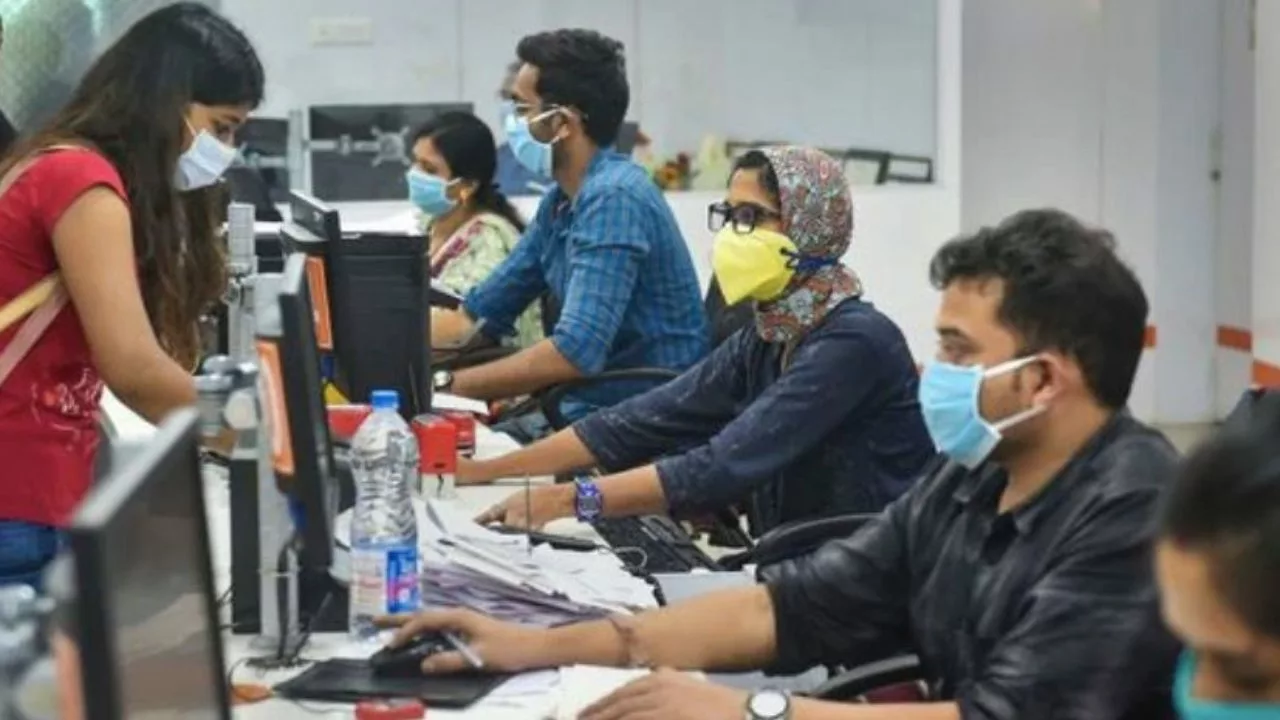Indian Government Jobs: Your Quick Guide to Top Posts, Salary and Application Tips
Thinking about a stable career with good pay and benefits? Indian government jobs tick all those boxes. From the IAS to technical roles in public sector units, there’s a wide range of positions that match different skills and education levels. Let’s break down where the best jobs are, what they pay, and how you can apply without getting lost in paperwork.
What Are the Highest‑Paying Government Jobs?
The most lucrative posts are usually the All India Services – IAS, IPS, IFS – and senior posts in ministries or public sector undertakings (PSUs) like BHEL, ONGC, and SBI. An IAS officer starts with a basic pay of around ₹56,100 per month, plus allowances that can push the total above ₹1,00,000. Similar salary structures exist for IPS and IFS officers. In PSUs, senior engineers or managers can earn a comparable package plus bonuses tied to company performance.
Other well‑paid roles include:
- Banking officers (e.g., RBI, SBI) – basic pay around ₹50,000‑₹70,000 with allowances.
- Railway officers – pay scales vary but senior posts cross ₹80,000.
- Defense services – commissioned officers receive a strong salary, housing, and pension.
These jobs also bring perks like government housing, medical facilities, and a solid retirement plan, making them attractive beyond just the paycheck.
How to Get Started: Eligibility and Application Steps
First, check the eligibility criteria. Most central posts require an undergraduate degree, while some technical roles need engineering or a specific diploma. Age limits usually sit between 21‑32 years, but many exams have relaxations for SC/ST/OBC candidates.
Next, find the right exam. The UPSC Civil Services Exam is the gateway to IAS, IPS, and IFS. For banking, look at the IBPS PO or SBI PO exams. PSUs often conduct GATE‑based recruitment or have their own written tests. Keep an eye on official notification dates – they’re posted on sites like upsc.gov.in or the respective PSU portal.
When the notification drops, follow these steps:
- Register online: Fill in personal details, upload a recent photo and signature, and pay the application fee.
- Download admit card: Usually released a few weeks before the exam. Print it and double‑check the venue and timing.
- Prepare strategically: Use standard books, previous year papers, and mock tests. Focus on both the General Studies part (history, polity, economy) and the optional subject you choose.
- Appear for the exam: Arrive early, bring a valid ID, and stay calm.
- Clear the interview: If you clear written rounds, the interview (Personality Test) follows. Practice speaking clearly about your background and motivations.
After success, you’ll receive a joining letter with details on training, posting, and salary structure.
Pro tip: Join a study group or a coaching institute that matches your schedule. Sharing resources and discussing tough topics can speed up learning and keep you motivated.
Finally, stay updated. Government recruitment portals, RSS feeds, and mobile apps send alerts as soon as a new vacancy is posted. Setting a daily 15‑minute check can prevent you from missing the next big opportunity.
With the right preparation and a clear roadmap, landing a coveted Indian government job is within reach. Keep your focus on eligibility, exam timing, and consistent study, and you’ll soon be on the path to a secure, rewarding career.

What are the top 10 Indian government jobs in India?
- Jul, 25 2023
- 0
In my latest blog post, I've delved into the top 10 Indian government jobs that offer not just prestige but also a host of benefits. From the Indian Administrative Services (IAS) to the Defense Services, these jobs promise a fulfilling career. The list also includes the Indian Police Services (IPS), Indian Foreign Services (IFS), and government lecturers or university professors. Moreover, I've also discussed jobs in the Indian Revenue Services (IRS) and the Indian Audit and Accounts Service (IA&AS). These jobs are highly sought-after due to their job security, decent salary, and the respect they command in the society.

How are vacancies filled in Indian government jobs?
- Jul, 20 2023
- 0
In India, government job vacancies are filled through a meticulous process that ensures transparency and fairness. First, the vacancies are publicized through various mediums, including newspapers and online platforms. Interested candidates then apply, after which they undergo a rigorous selection process consisting of written tests and interviews. The final selection is made based on the candidates' performance, qualifications, and the reservation policies in place. Despite the challenging process, these jobs are highly sought after due to their job security and numerous benefits.
Categories
- Government & Politics (5)
- Career Advice & Job Hunting (2)
- Culture & Festivals (2)
- Sports (2)
- Job Search Websites (1)
- Job Searching in India (1)
- Government Jobs in India (1)
- Job Search Portals in North India (1)
- Expat Employment and Job Opportunities in Dubai (1)
- Government and Public Sector Jobs (1)